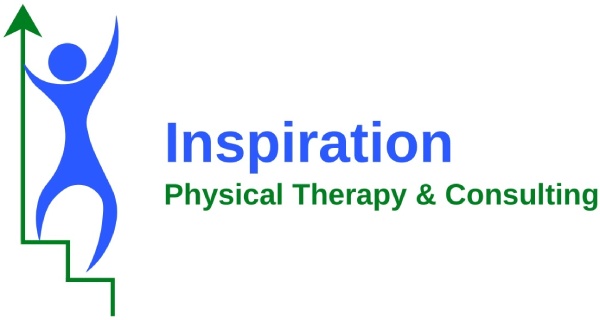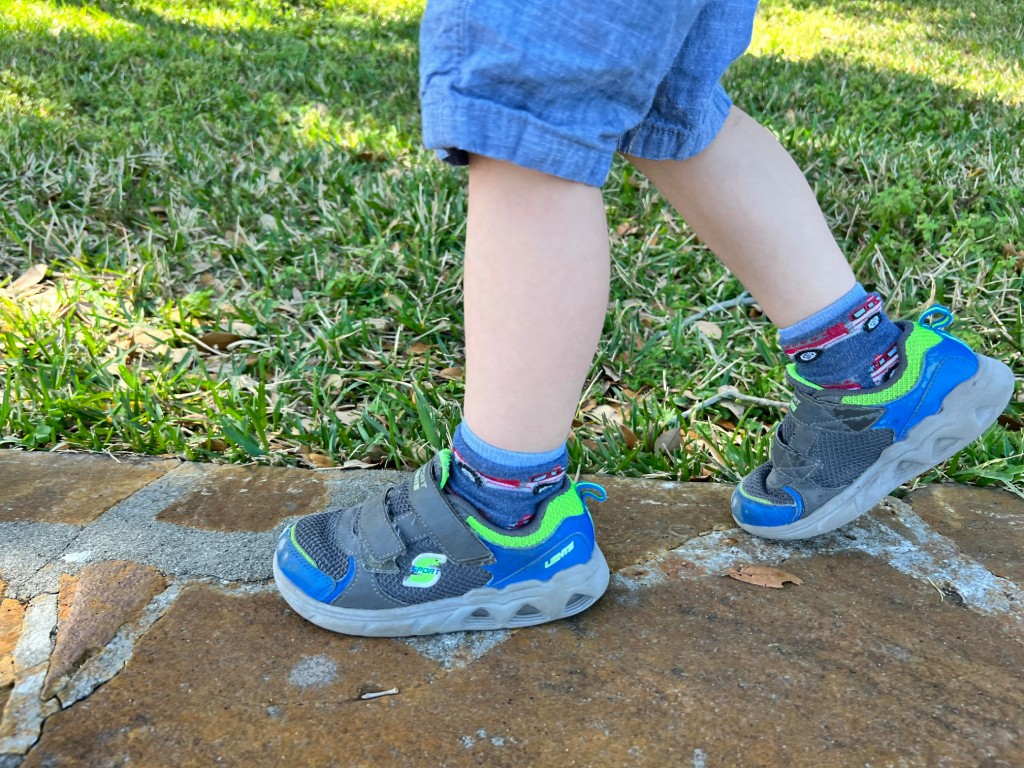Neurologic Conditions
Neurologic conditions can affect your brain, your spinal cord and the nerves that help you to move your body, feel sensations, coordinate your movements, balance and think. Physical Therapy can help by working with you and your MD to develop a treatment plan to help you with your daily activities.
Neurologic Conditions

Stroke/ CVA
A cerebrovascular accident (CVA), or stroke, is when there is a disruption in blood supply to the brain. This can cause damage to the area of the brain that did not receive the adequate blood supply. A CVA can cause changes in cognition, changes in speech, weakness on one side of the body and changes in balance and coordination. Early medical care is essential for optimal recovery after a CVA. Physical therapy after a CVA is vital to achieving maximal potential recovery in addition to occupational and speech therapy. Physical therapy after a CVA will depend on the extent that the body was affected by the stroke but may focus on improving strength, muscle activation, range of motion and ability to roll in bed, sit without support, transition sitting/to from standing and/or walk to complete ADLs. This may include motor planning, neuromuscular re-education, balance training, coordination training, pain management with progression and goals for returning to the highest level of function possible. It is essential to complete your exercises at home daily- the more progress you or your family makes sooner, the higher the potential level of recovery.
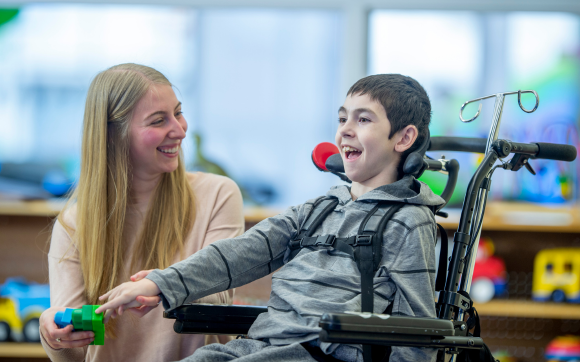
Multiple Sclerosis
Multiple Sclerosis, or MS, is an autoimmune disease that affects the central and peripheral nervous system. It affects the myelin sheaths, or the casing around nerves that allows them to transmit signals to/from your muscles quickly. It can result in fatigue, weakness, balance and coordination issues, numbness/tingling, pain, difficulty with motor planning and execution. Your Physical Therapist will do a full evaluation of your current difficulties and needs, which may depend on the day, and develop a treatment plan.Your PT will also discuss energy conservation techniques, lifestyle management, home environment management and education on the importance of your daily exercises and activities within your tolerance.

Parkinson’s Disease
Parkinson’s Disease (PD) is a progressive neurologic disorder that affects the motor planning center of your brain, the basal ganglia. It is characterized by tremors, slowness of movement, stiffness, postural instability, difficulty walking and initiating movement. It may cause a shuffling gait pattern, forward head posture and difficulty with transitions into different rooms and into different activities. Physical Therapy is an integral part of managing the symptoms and promoting function of patients diagnosed with Parkinson’s disease. Your or your family member’s PT proram will depend on how advanced the Parkinson’s disease is at the time of treatment. The PT will discuss with you or your family member which activities are more challenging than they were before and then assess strength, flexibility, muscular endurance, range of motion, posture, gait quality, movement patterns. Your PT will use evidence-based treatment strategies to facilitate your daily activities including cuing, techniques to bypass the basal ganglia, strategies during your hardest part of the day and your easiest part of the day. If you or your family member are on medications for Parksinon’s, then there are often times of the day that you have more difficulty with motor planning. Your PT may want to see your movement during each period during your day to help with strategies for facilitation of movement and safety.
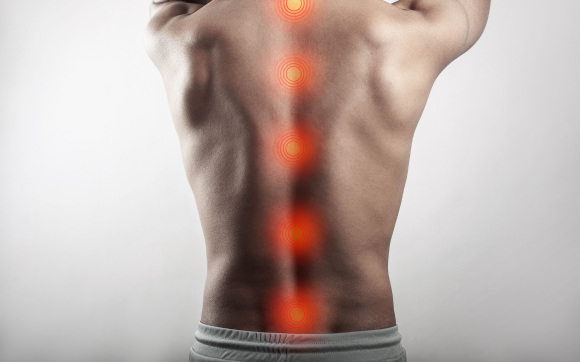
Spinal Cord Injury
Spinal Cord Injury (SCI) is when your nerves are severed or injured in your spinal cord. Spinal Cord Injuries can be partially severed (incomplete) or fully severed (complete). The level that your spinal cord is severed at determines which of your muscles and sensory nerves are still able to transmit signals to your brain. An injury to your neck may mean that you cannot move your arms or legs; an injury to your back may meant that you have full movement of your arms but limited or no movement of your legs. A Physical Therapist will do a full assessment of your and your current abilities. Physical Therapy cannot fix a spinal cord injury but it can help you to use the movements that you have. Your PT may also assist with a recommendation for a wheelchair, if appropriate, or other adaptive equipment. Your PT may also work with a family member or friend for caregiver training on how to help assist you.
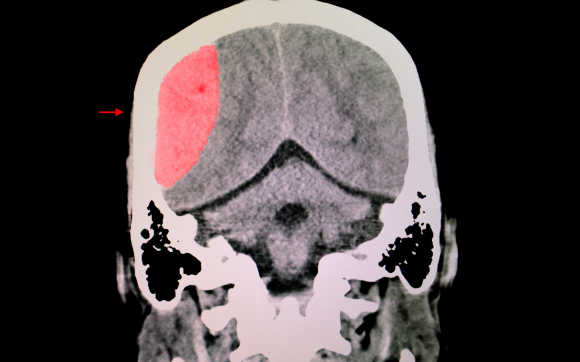
Traumatic Brain Injury
A Traumatic Brain Injury, or TBI, is an injury to the brain. Common causes are motor vehicle accidents, falls, physical altercations, blast injuries for military. Traumatic brain injuries are classified as mild, moderate or severe. (For concussion and mild traumatic brain injury, please see Concussion page). A TBI may or may not involve loss of consciousness. A TBI may affect your cognition, your ability to complete physical activities and may result in a change in personality. Your Physical Therapist will work with you or your family member on treatment and coping strategies post brain injury.
